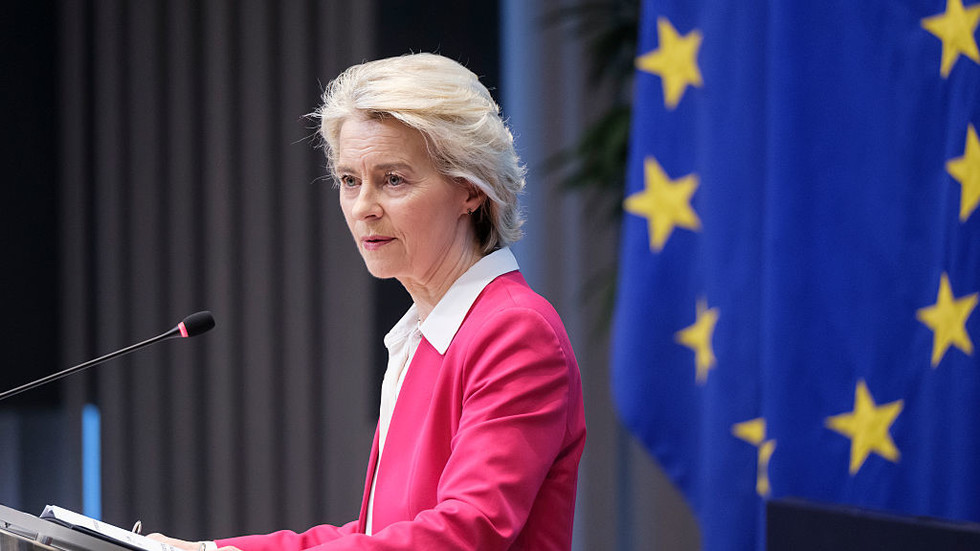The World Health Organization has made a troubling revelation regarding the spread of mpox (previously known as monkeypox) in the Democratic Republic of Congo. This development, identified during the country’s largest epidemic, has raised concerns among African scientists about the challenges in halting the disease.
A Belgian citizen who visited the Congo in March tested positive for mpox shortly thereafter. The individual, who disclosed himself as a man engaging in sexual relations with other men, admitted to frequenting underground clubs catering to homosexual and bisexual men. Alarmingly, five of his sexual partners subsequently tested positive for mpox.
For many years, mpox was endemic in various regions of central and west Africa, primarily afflicting rodents carrying the virus, and occasionally causing outbreaks in humans. Last year, over a hundred European countries experienced outbreaks predominantly linked to sexual transmission among homosexual and bisexual males, resulting in more than 91,000 infections. The WHO declared this outbreak a global emergency.
The World Health Organization has observed the presence of exclusive clubs in the Democratic Republic of Congo where men engage in sexual activities with other males, some of whom even travel to neighboring African and European countries. The organization emphasized the unprecedented nature of the mpox epidemic and highlighted the potential for rapid spread through sexual networks.
In the current mpox epidemic in Congo, which has claimed over 580 lives and infected more than 12,500 individuals, the illness has surfaced for the first time in the war-torn region of South Kivu and the nation’s capital, Kinshasa. According to the WHO, these numbers indicate a nearly twofold increase compared to the mpox toll in 2020, marking it as the largest epidemic in the country.
Symptoms of the mpox virus include fever, chills, rash, and lesions on the face or genitalia. While most individuals recover within a few weeks without the need for hospitalization, the potential for further transmission remains a concern.
The WHO has cautioned that there is a significant risk of mpox spreading to other African nations and possibly worldwide, with potentially more severe consequences than the global pandemic experienced last year. This revelation underscores the urgency for strategic measures to contain the spread of mpox and protect vulnerable populations.


